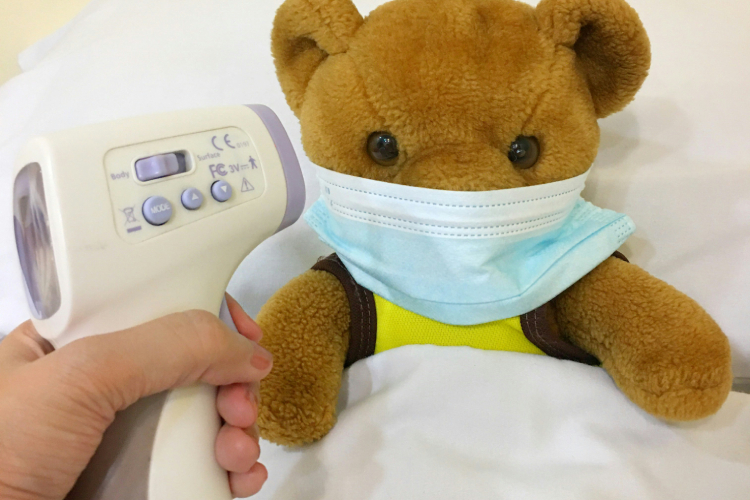“The survey should take no more than 15 minutes to complete”, says Joeri Tijdink, clinical psychiatrist and ‘meta-scientist’ at Vrije Universiteit Amsterdam. He hopes that thousands of academics will want to take part in The Academic Thermometer, which he set up with other members of The Young Academy.
What do you hope to find out?
“There is little insight into the current mental health of lecturers and researchers. We are aware of the issues around temporary contracts and the struggle to obtain research grants, yet there are also positive aspects to working in academia. Universities remain largely unaffected by the challenges of the tight labour market. We want to gain a better understanding of the happiness as well as the problems.”
What kind of questions are in the survey?
“The main focus of our investigation is on depressive symptoms, anxiety issues, stress, exhaustion, job satisfaction and general wellbeing. As well as on work conditions. For example, does regular overtime make you feel happier, or does it have the opposite effect? Maybe there isn’t as strong a connection between feeling burnt out and working overtime as we assumed. We also want to investigate social safety and work conditions, and how they might be related to mental health issues.”
The concerns and issues among academics are widely recognised, aren’t they?
“Yes. Coincidentally, there was an article in Nature a few months ago that pooled together various international studies on anxiety and depression among scientists. This revealed that up to 40 percent of academics are thought to suffer from such issues. Clearly, this is troubling. But what is the situation in the Netherlands? That is what we want to know.”
Has this never before been studied in the Netherlands?
“Oh yes, there have been studies carried out at the local level – most recently among PhD students at the University of Amsterdam. But it has never before been done in this way, with a clinical survey, at national level. Ideally, we’d like all academics to take part.”
And then you intend to examine the differences between the various academics?
“Yes, we distinguish between four sectors, and of course there are also differences between men and women, for example, or between PhD students, lecturers and professors.”
You don’t ask survey participants which university they work at. Why not?
“Because the answers have to be confidential. Also, it is not our intention at all to make any kind of distinction between universities. Even though journalists might like us to…”
Is there a sort of taboo in saying that one university is doing better than another?
“There is little against that, really. But we already include questions about gender, age, sector and position. If we then also ask participants to name their university, issues of compromised anonymity can arise. That is something we want to avoid.”
Will all academics be invited to participate in the study?
“If only. Unfortunately, we don’t have all the email addresses of the fifty thousand researchers and academics in the Netherlands. We’re trying to distribute the survey as much as possible through our own networks and through the media. Of course, we need to be cautious about the potential for selection bias, so we hope that as many researchers and academics as possible will participate in the study.”
In the survey, do you also ask about the effect of the political situation in the Netherlands on academics?
“To an extent. The survey includes statements with political overtones, such as: ‘The portraits of male professors in academic buildings should be replaced with depictions of scientific progress.’ Do you agree, disagree or have no opinion? But we don’t ask which party people vote for or what they think of the election results.”
Aren’t you worried that the survey is kicking at open doors, for example that postdocs on temporary contracts are more stressed than the professors above them in the hierarchy?
“That’s possible, but this too falls within the realm of science. You think you know how the world works, and then you go and check if that is correct. Because suppose you’re wrong, then what? It’s well known that academics have to keep a lot of plates spinning. Basically, you could work all the time, every hour of the day. But what are the consequences of that, and for whom?”
